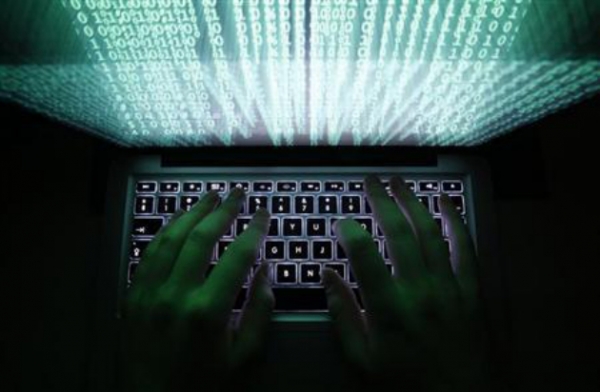Everybody knows that internet hacking is a thing. The threats range from harmless to very malicious, and despite what you might think, nobody is safe from these thieves of the night. If you have ever left your social media account open on your computer or mobile device, you understand that having your friends post a funny, albeit embarrassing status is not the end of the world.
However-the threats get a lot darker than this, and they can even lead to identity theft if you’re not careful. Though many threats come quickly and you’re often unaware they’re there, there are certain things you might be in the habit of doing that could be increasing your chances of getting internet hacked. Here are some habits to make and break that will stop this from happening.
Start Picking Strong Passwords
Passwords can honestly be the biggest pain. It seems that everything online nowadays requires that you have a username and password, and you’ve been through the process before where you chose different passwords for everything and you forgot what login information went to each thing. This meant you had to start yet another brand new account.
Try to have several different passwords you switch back and forth from on different accounts. Always write down what account goes with what combo or else you’ll be back at square one. Luckily, there are apps out there that give you the convenience of storing your information in a safe box, as it were. Make sure to get a good app if you do that, though.
Your passwords should never be all lowercase or have chromatic numbers in them. A hacker can guess a password matching this description in 10 minutes. To make yourself internet secure, try using a phrase as a password or using a variation of uppercase and lowercase as well as numbers.
Find a Watchdog to Protect You
This could come in various forms. You could always have a close friend or family member monitor your social media sites and emails to make sure that there isn’t any weird stuff going on. The first sign of suspicious behavior, they contact you and you change your password.
However, the chances are good that your family won’t really know what to do or how to protect you. In this case, you’ll want to find somebody who does. There’s a free app out there that does exactly this for you. Any time there is weird activity on one of your accounts, you get alerted.
Be Mindful of What You’re Putting Out There
Last but not least, a very important step in making sure you don’t get hacked is to keep your information as private as possible. Be aware of what you’re letting the world see. It’s tempting to click and share, but the world doesn’t need to know your mother’s maiden name or your dog’s birthday. These little tidbits of information on you go a long way in the hands of a hacker.
